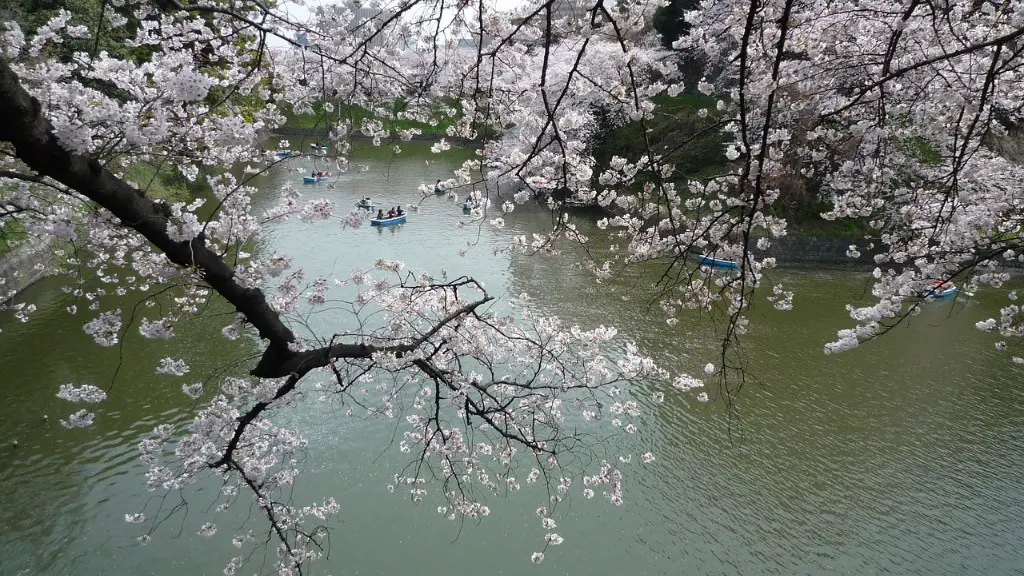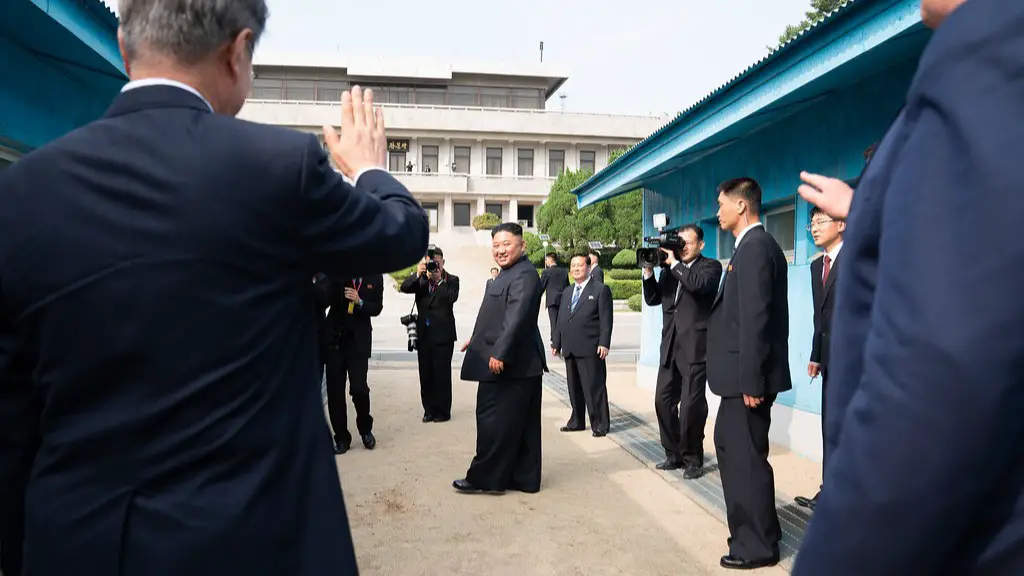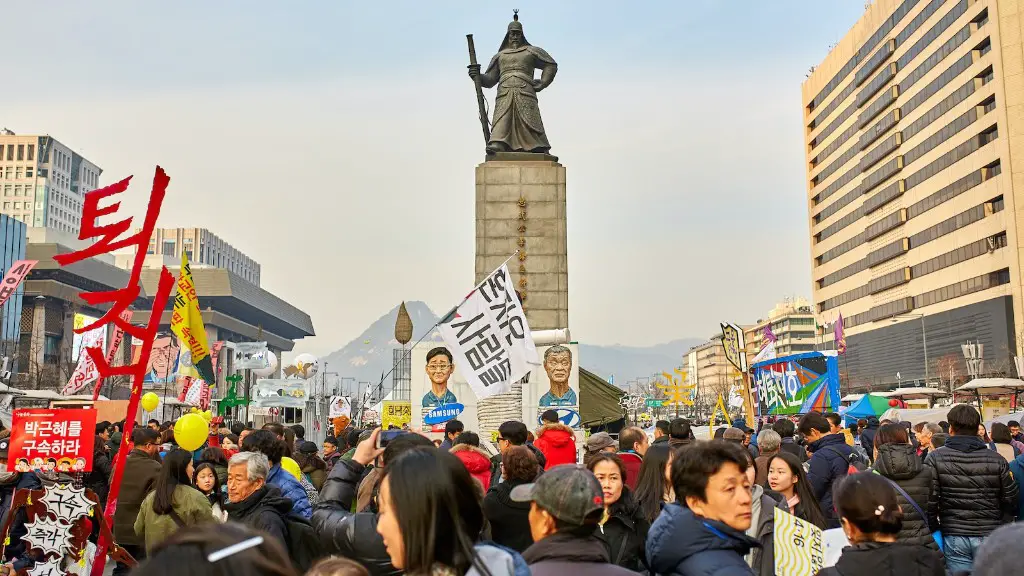North Korea’s historical background
North Korea has a long and complicated history of political upheaval. Its current totalitarian state has been in power since 1948, when the Democratic People’s Republic was founded. This followed the division of the Korean peninsula, after the Japanese surrender in 1945, resulting in the Republic of Korea in the South and the Democratic People’s Republic of Korea in the North. North Korea has always been characterized by strong centralized government and a centrally planned economy. During the early years of the North Korean regime, it was much less oppressive than it is today and included some socialist policies.
Totalitarianism in North Korea
The totalitarian state gradually grew in North Korea from the 1950s onwards. The population was subject to political indoctrination and extensive surveillance, to suppress citizens’ opinions and dissuade any attempts at dissent. From the 1960s onward, the government intensified its control over citizens, with the aim of creating a loyalty to the North Korean state. Propaganda was used to create a cult of worship around the leader, Kim Il Sung. Censorship was imposed on all forms of communication, such as television, radio, publications and travel. People were not allowed to leave the country, and any attempts at doing so were harshly punished.
North Korea’s political structure
Today’s North Korea is a totalitarian dictatorship, under the rule of the Kim family for the past three generations. The government has a strict, hierarchical structure, with the person at the top, the Supreme Leader, holding absolute power over the country. The supreme leader dictates land, foreign, and economic policies and serves as the head of the Workers’ Party. All government officials report to the supreme leader, who is also the Commander-in-Chief of the Armed Forces.
The impact of totalitarianism
The totalitarian regime in North Korea has had an immense impact on the country, particularly in terms of economics. Its centrally planned economy has been left stagnant, with most industries and the production of goods heavily controlled by the government. The population has suffered, with deprivation and poverty commonplace, leading to hugely detrimental effects on health, education, and human rights. The government’s food distribution has also been criticized for mismanagement, leaving much of the population malnourished.
Human rights violations
North Korea is regularly criticized for its lack of human rights, with citizens subject to enormous levels of government control and surveillance. All aspects of life in the country are controlled by the government, including the media, education, and even people’s private lives. The government has also been accused of using harsh punishments and torture to silence dissidents and those accused of treason.
International reactions
North Korea’s totalitarian regime has been subject to intense scrutiny by the international community, with human rights organizations condemning the government for its abuses. U.N. sanctions have been introduced in order to try and limit the government’s capacity to aggressively pursue a nuclear weapons program, as well as to address its human rights violations.
Possible solutions
Despite tough international sanctions, it is difficult to see a way that the North Korean regime can be significantly changed in the short term. However, a gradual change in the country’s political structure is possible, if the international community is willing to use diplomacy and potentially offer incentives for the North Korean government to shift away from its totalitarian policies. It could also be beneficial for the government to begin a process of reform and opening up, allowing more freedom for its citizens.
The role of the Chinese
Another way to pressure the North Korean government is via China, the country’s only real ally and trading partner. China has long been accused of enabling North Korea’s aggression, but there are signs that its attitude is changing, with recent economic and diplomatic advancements. If China is willing to increase pressure on North Korea and make it clear that it will no longer support its totalitarian policies, then the North Korean government may be more willing to make changes.
Economic prospects
The North Korean economy is heavily reliant on trade with China and other countries in the region, as well as foreign aid from international donors. In order for the economy to begin to recover, the North Korean government must show itself to be open to foreign investment, by providing incentives for businesses to invest in the country. As well as this, it must work to improve its domestic production of goods, in order to provide its population with the resources they need.
The role of the US
The US has a history of intervention in East Asia, particularly when it comes to the Korean peninsula. President Trump and his predecessor, Barack Obama, have both claimed that they are willing to negotiate a deal to lessen the threat posed by North Korea’s nuclear program. However, it is doubtful as to whether the US is willing to commit to a policy of complete denuclearization, as it could remobilize its forces if the North Korean regime were to collapse.
Obstacles to change
It is difficult to see how North Korea can transition away from a totalitarian state without the cooperation of other countries, especially China, the US, and South Korea. All three of these countries have an interest in maintaining a stable region, and it could be in their best interests to engage with North Korea and attempt to persuade it to undertake reforms. However, this is hampered by the mistrust between all parties involved and the lack of dialogue, as North Korea has refused to give in to pressure from other states.


